Needs research for target group
Researching the needs of your target audience is important for any commercial organization. After all, customer needs are a determining factor for the choices your customers make every day. We all have needs. Some needs we are aware of, but many needs are latent. They slumber somewhere in our subconscious and wake up when we perceive something that appeals to that need. Scientific research by Nobel Prize winner Daniel Kahneman has shown that we make the vast majority of our choices intuitively, based on our emotions. And in this feeling intuitive system, needs play a very large role. This makes understanding customer needs an important factor for the success of any organization.

Functional and emotional needs of the target group
In the context of buying a product or using a service, there are usually several customer needs playing out in parallel. For example, I need a cup of coffee every morning. You might think of this as a functional need; I'm thirsty, need to get going and coffee is perfect for that. But in my choice of a cup of coffee, many soft or emotional factors also play a role: the smell, taste, temperature, the right cup and the right atmosphere. In this regard, it is precisely the emotional factors that usually make the difference and determine the choices I make.


How do you research the needs of your target audience?
A customer needs assessment identifies both the functional and emotional needs that your customers or prospects have in the context of your product or service. In doing so, realize that most people are not aware of these needs; they reside in our subconscious brain. The simple question: "tell us what your needs are?" usually yields an incorrect or incomplete answer. Forum Research therefore applies neuro research techniques in customer needs research to penetrate the subconscious brain. It requires intensive, qualitative research, in which we conduct individual in-depth interviews that often last an hour or more. The result is a report with an overview of the most relevant needs, their interrelationship, and the drives (deeper needs) to which they are related.


